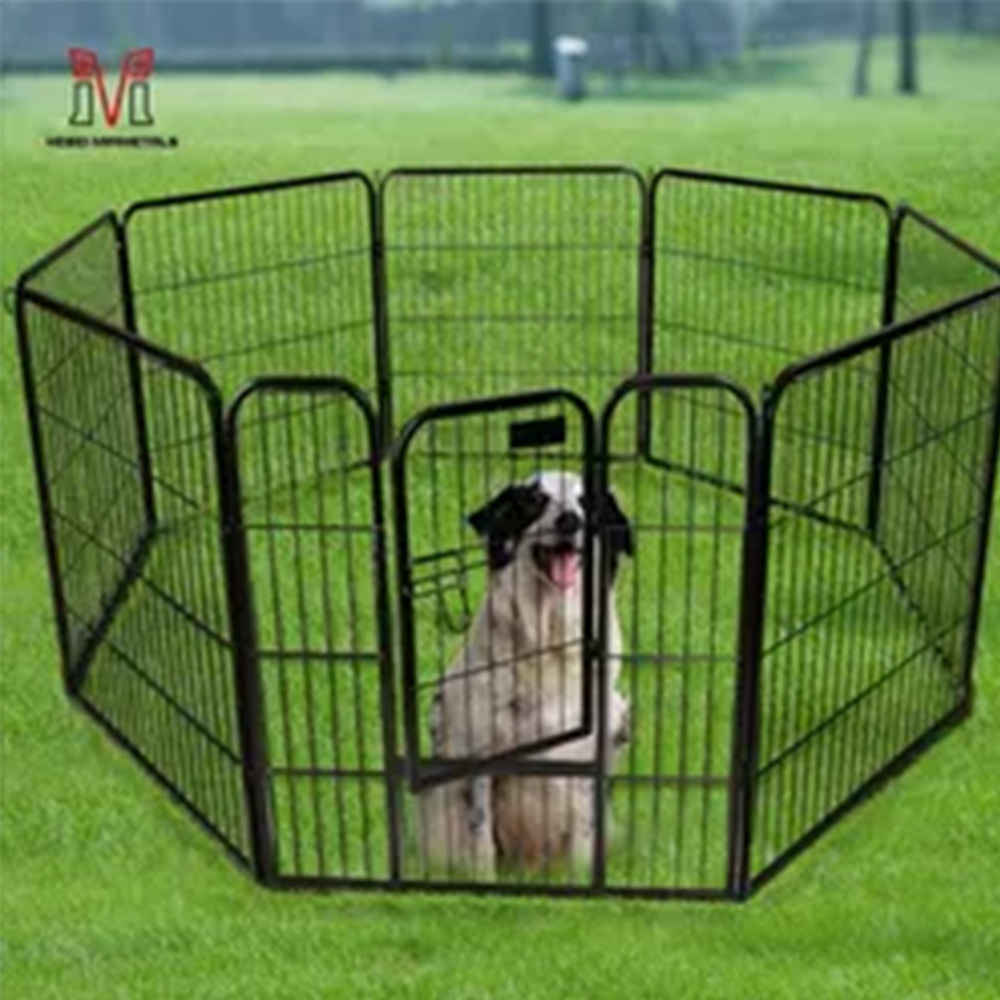metal post for wire fence
أكتوبر . 11, 2024 02:56
Understanding Metal Posts for Wire Fences A Comprehensive Guide
When it comes to installing a wire fence, one of the most critical components is the fence post. Among various materials used for fencing, metal posts stand out for their durability, strength, and longevity. This article aims to delve into the advantages of using metal posts for wire fences, the types available, installation processes, and maintenance tips to ensure lasting performance.
Advantages of Metal Posts
1. Durability Metal posts are often made from galvanized steel or aluminum, which grants them exceptional resistance to weather conditions, pests, and decay. Unlike wooden posts that can rot, warp, or be eaten away by insects, metal posts maintain their integrity over time, significantly reducing the need for replacements.
2. Strength The structural strength of metal posts allows them to withstand high winds and heavy loads with ease. This feature is particularly advantageous in areas prone to severe weather conditions, as metal posts help maintain the fence’s stability and shape.
3. Low Maintenance One of the appealing aspects of metal posts is their low maintenance requirement. Unlike wood, which may need regular staining or sealing, metal posts generally require only periodic inspections to check for rust or other damages, making them an attractive choice for those looking to minimize upkeep.
4. Versatility Metal posts can be used in various fencing applications, from agricultural fields to residential properties, and even for livestock containment. They can support a variety of wire types, such as barbed wire, welded wire, or chain link, making them a versatile choice for different fencing needs.
5. Aesthetic Appeal For many homeowners, visual appeal is important. Metal posts can offer a sleek, modern look that complements contemporary landscapes. They are available in various finishes and coatings, allowing customers to choose an appearance that matches their property.
Types of Metal Posts
1. Steel Posts The most common type of metal posts, typically made from galvanized steel, which resists corrosion. They are available in various weights and thicknesses, making them suitable for different fence types.
2. Aluminum Posts Lighter than steel posts, aluminum posts are rust-resistant and ideal for residential fencing. While they may not be as strong as steel, they still provide adequate support for lighter wire fences.
3. T-Posts and U-Posts These specific shapes are designed for easy installation. T-posts are often used in agricultural settings for livestock fencing, while U-posts are commonly found in garden or temporary fencing applications.
metal post for wire fence

Installation Process
Installing metal posts for a wire fence typically involves the following steps
1. Planning Determine the layout of the fence, including the spacing of the posts based on the type of wire and the terrain.
2. Digging Post Holes Use a post hole digger to create holes that are typically 2-3 feet deep, depending on the height of the fence and the soil condition.
3. Setting the Posts Place the metal posts into the holes and ensure they are vertical and aligned. Use concrete or gravel to secure the posts in place.
4. Attaching the Wire Once the posts are set, you can begin to attach the wire fencing, ensuring it is taut and secured properly at intervals along the posts.
5. Finishing Touches Finally, check the entire fence line for stability and make adjustments as needed.
Maintenance Tips
To prolong the life of your metal posts, consider the following maintenance tips
- Regular Inspections Check for signs of rust or damage, especially in areas prone to moisture. - Repainting If your posts are painted, consider repainting them every few years to prevent rust and enhance aesthetics. - Clear Debris Keep the area around the posts clear of debris, as this can trap moisture and lead to corrosion.
Conclusion
Choosing metal posts for your wire fence is a smart investment in strength, durability, and minimal maintenance. Understanding the advantages, types, installation methods, and maintenance practices can help you maximize the benefits of metal fencing. Whether for agricultural use or residential privacy, metal posts provide an excellent solution that will stand the test of time.




















